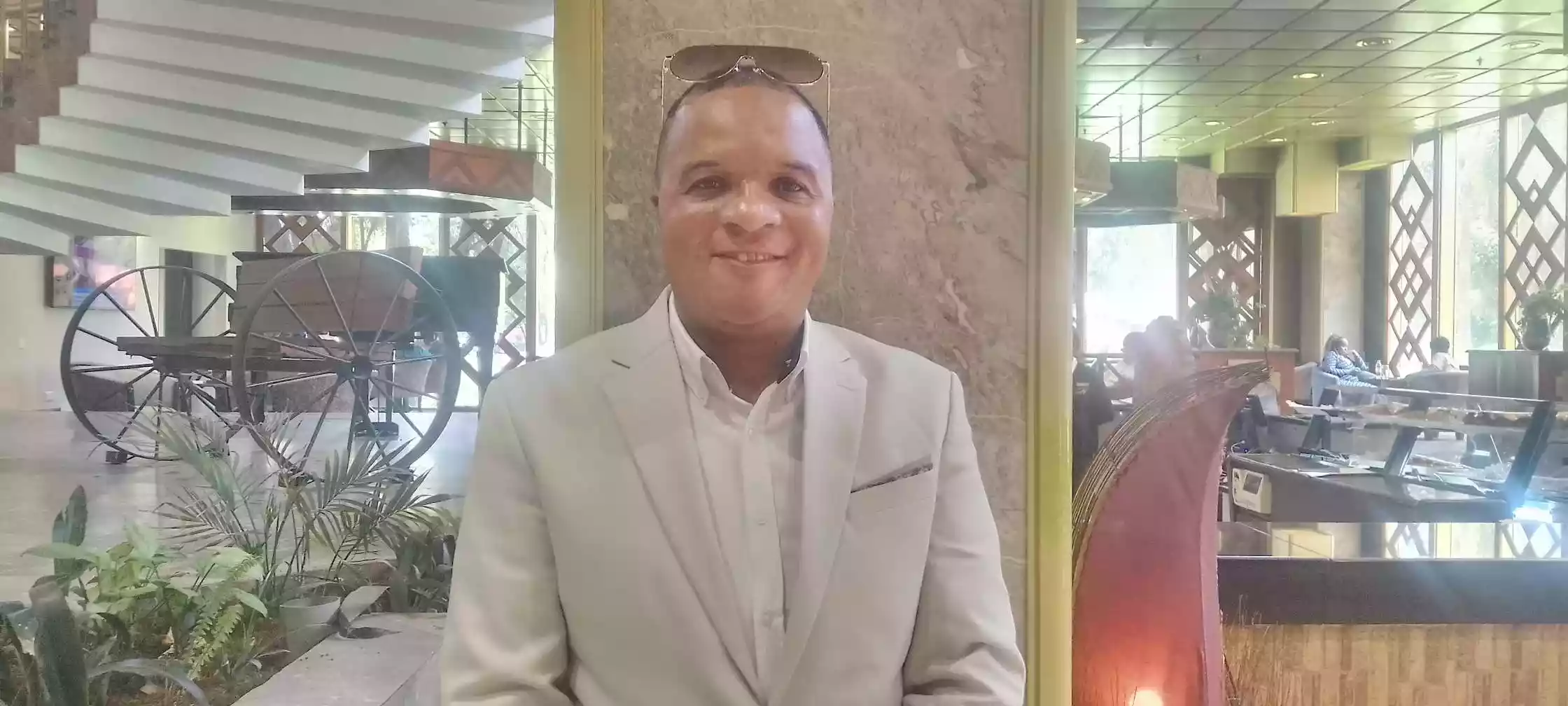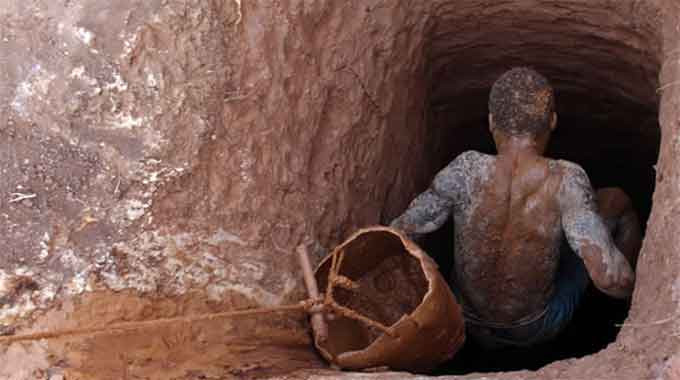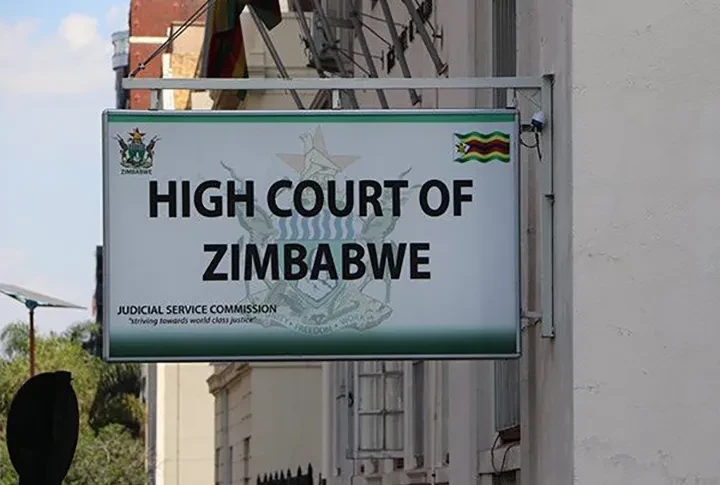
The Destiny of Africa Network (DAN) has launched a major housing initiative designed to provide 10 000 residential stands and construction assistance to church leaders and congregants nationwide.
The housing programme which is named ‘Destiny of Afrika Network Housing Projects and Schemes for All-Christian Leaders’ is spearheaded by DAN leader Obadiah Musindo.
The project will feature a range of residential options, from low to high density, and will also introduce agro-residential plots ranging from one to five hectares.
In a statement, Christian empowerment organisation said it has already acquired pieces of land in ten cities which include Harare, Bulawayo, Mutare, Marondera, Chinhoyi, Mazowe-Concession, Bindura, Rusape, Kadoma and Kariba.
“So far we have land that will cover about 10 000 stands and our housing projects will be covering low, medium and high density and we are also introducing agro-residential plots measuring between one hectare to five hectares,” the statement read.
“This land is projected to cover approximately 10 000 stands.
“Our aim is to make sure that every servant and child of God has a house with title deeds and that every church has a beautiful church building.”
DAN confirmed plans to expand into additional towns and growth points, naming Chivhu, Kwekwe, Gweru, Karoi, and Masvingo among future locations.
- Zim food price inflation ranks 2nd globally: WB
- Vieira backs Mane for Ballon d’Or ahead of Bayern move
- Desert Jewels outshine the Gems
- Gems ready for Malawi tourney
Keep Reading
Since 2003, DAN has been running programmes that are designed to enable low-income earners, such as teachers, nurses, doctors, soldiers, police officers, and ordinary people in the informal sectors to own houses.
Over 30 000 people have benefited from this initiative.
The country’s housing backlog stands at just over two million.
In its election blueprint, the ruling Zanu PF party promised to deliver 220 000 housing units by 2025 and over 470 000 homes by 2030.
The government has failed to meet the target and has since roped in the private sector.
Experts have warned that poor planning, corruption, and unaffordable housing are compounding the backlog.











